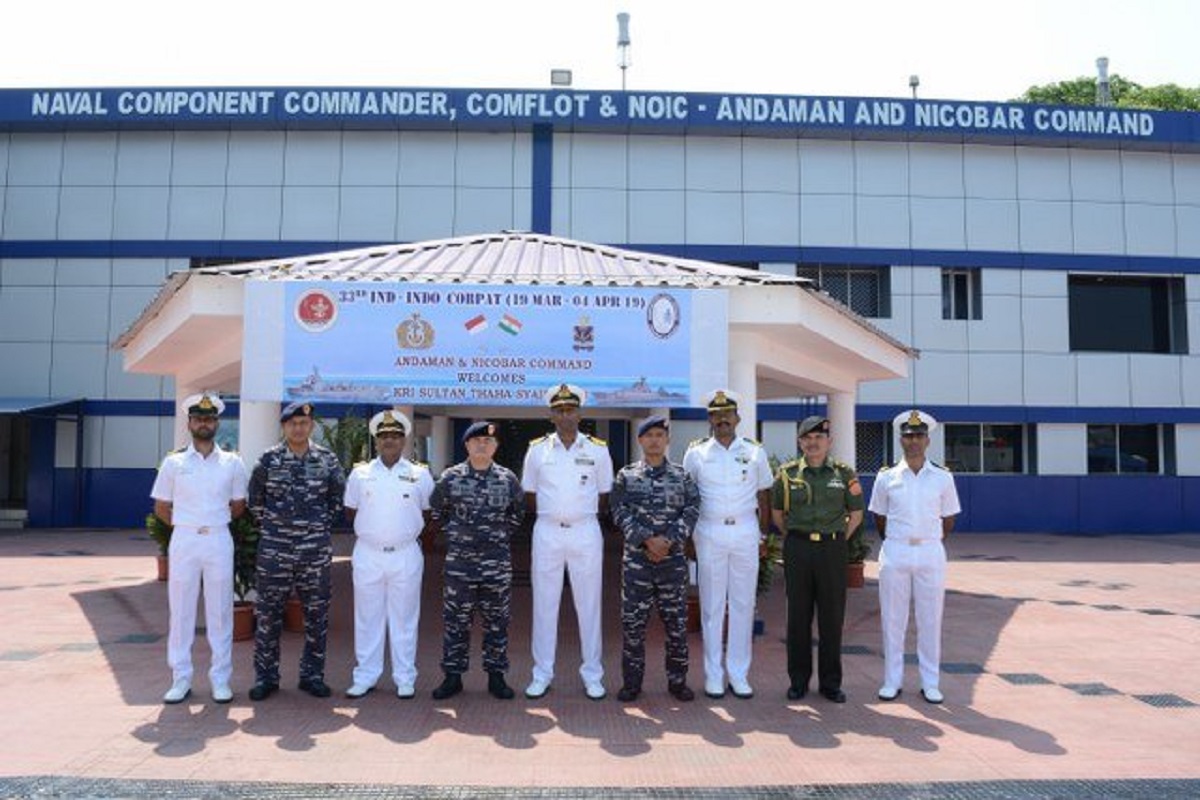When announcing the Indian Air Force’s strike at the JeM facility at Balakot in Pakistan on February 26, the Foreign Secretary laboured the point that it was an “intelligence” led “pre-emptive mission” to negate terrorist action in the immediate future, as well as insisting that the target was not a Pakistani military installation and that no civilians were hit, not even as collateral damage. In other words it had not been an aggressive act. Soon thereafter, the defence ministry rubbished reports that an Indian Navy submarine was patrolling the seas off Pakistan. All this to flesh out the non-aggressive line New Delhi was selling. That India was faltering in its media effort to win the war of perception was confirmed over the weekend when the Navy issued a formal statement that at least 60 surface combatants including an aircraft- carrier, advanced submarines and several aircraft had been moved towards Pakistan ~ the “task force” mustered to participate in a pre-scheduled exercise had been re-deployed in the most concentrated naval mobilisation in recent years. Even though the Navy Chief had recently spoken of a live terrorist threat from the sea, the gung-ho statement appears a mismatch with what the foreign secretary had said. The international community will certainly seek some answers, suggestions of a threat to blockade Pakistani ports escalate the levels of potential conflict.
It could well be that the Navy was catering to a domestic audience, establishing its overwhelming superiority over its opposite number, perhaps also regretting that while the Army and Air Force captured the glory the “silent service” tag remained firmly affixed. Maybe the Navy still feels a need to convince the nation of its importance to the national security effort. Yet was its statement well-timed? It certainly negated the effort of the foreign secretary ~ even if it did gel with the mood being projected in the run-up to the Lok Sabha election. Thus far the Navy had scrupulously steered clear of a “political” course, has it too changed tack? A respected former chief has said that “the message of this posturing is that of deterrence. There is no guarantee that the air-strike will deter them. So a further message has been sent to Pakistan to stop supporting terrorism”. Maybe that is correct, yet an even larger message is the critical necessity of the government formulating and implementing a comprehensive media policy on military operational issues. Much of the present controversy over the Balakot strike might have been averted had the government presented the people a complete picture. The National Security Adviser has to take a lead in this endeavour. With the media now playing a major role in shaping perceptions there is no longer space for hits and misses. Nor for falling back on the Official Secrets Act to try and silence what does not sound flattering to Raisina Hill.
Advertisement











